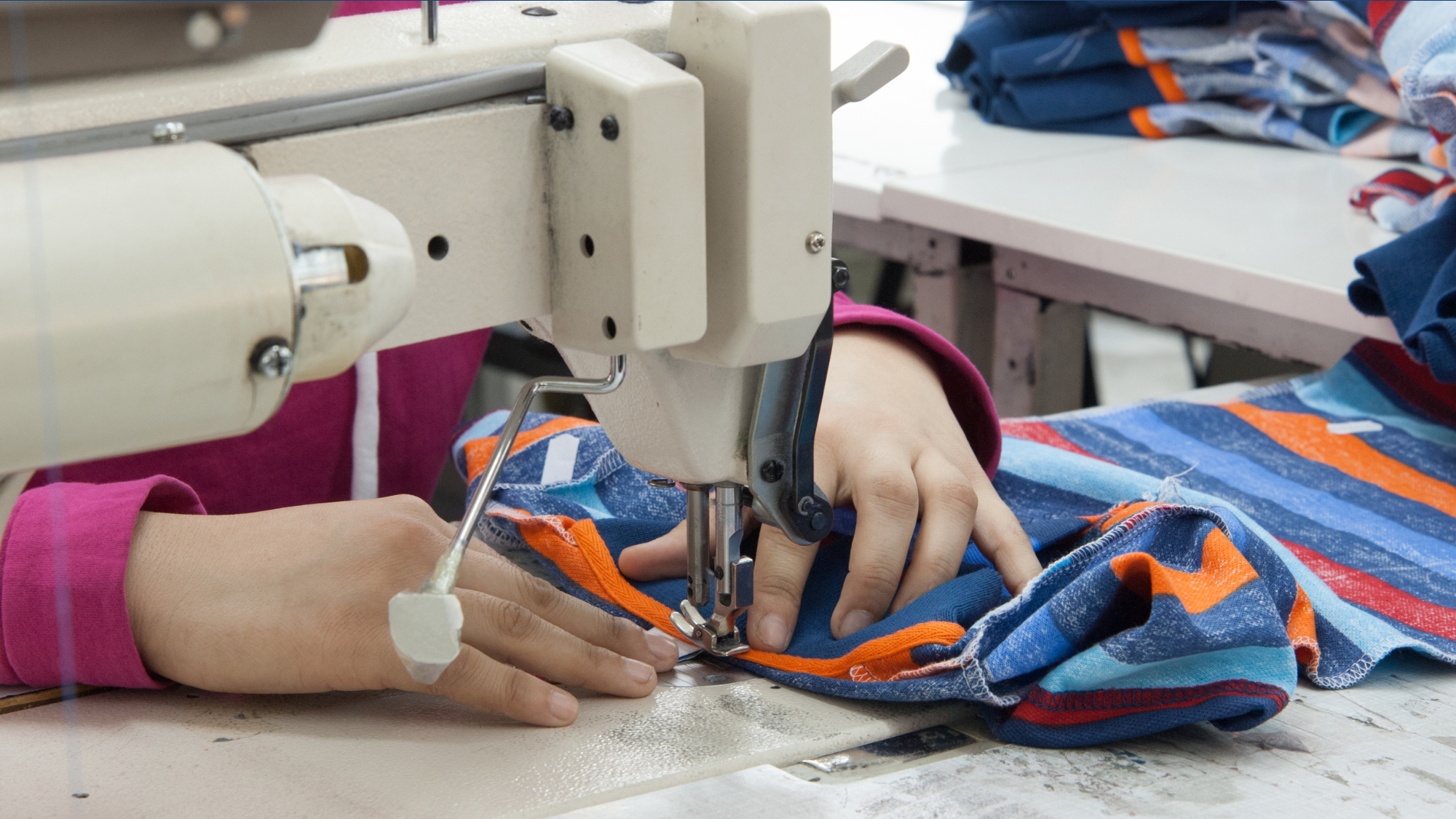
On Tuesday, October 8, the House Environment & Energy Committee held a work session to discuss several important issues, including extended producer responsibility (EPR) and supply chain transparency in the fashion and textile industry. These topics offer a preview of what retailers may see addressed during the 2025 legislative session.
Supply Chain Transparency in the Fashion and Textile Industry
Washington is poised to reintroduce legislation focused on transparency in the fashion and textile industry’s supply chain. The 2024 proposal would have required large manufacturers and retailers to:
- Map and disclose their supply chain across all production tiers, from raw materials to final production.
- Implement processes to identify and mitigate environmental impacts, aligned with international standards.
- Publish an environmental sustainability report on their website, detailing supply chain mapping, due diligence efforts, and performance targets.
- Track and report on energy use, greenhouse gas emissions, water and chemical management, material production volumes, and recycled content use.
The legislation also included private right of action and civil penalties for non-compliance.
Although Rep. Sharlett Mena, the bill’s prime sponsor, intends to revisit the issue, it’s uncertain if the legislation will return in its current form. WR has been actively engaged in this issue, working with members and the broader business community, and meeting with key legislators during the interim.
Extended Producer Responsibility (EPR)
EPR is a policy framework that requires producers to manage their products throughout their lifecycle, including end-of-life disposal. EPR proposals have gained momentum nationwide, and Washington is no exception.
Packaging and Paper Products
For the past two years, the Washington Recycling and Packaging Act (WRAP Act) has been introduced, aiming to establish an EPR program for packaging and paper products. The Act would also create a container deposit system with a 10-cent deposit, set recycling and reuse targets, enforce “truthful labeling” rules, and establish minimum recycled content standards for plastic containers, food tubs, and single-use cups. Washington has already implemented a recycled content law for certain beverage containers, personal care products, and trash bags.
Electric Vehicle (EV) Batteries
In 2023, Washington passed legislation establishing an EPR program for portable batteries, with a directive for the Department of Ecology to research EV battery management. Megan Warfield from the Department of Ecology presented key findings, emphasizing the rapid evolution of the EV industry, the need for better education, and financial responsibility for safe battery disposal. While HB 2501/SB 6319, which aimed to improve EV battery recycling, was introduced in 2024, it didn’t gain much traction. However, similar legislation is likely to resurface.
WR’s Policy and Government Affairs team have been proactive in advocating for retailers on these issues. If you have questions or would like to join one of the internal workgroups, please reach out to the following:
Supply Chain Transparency – Crystal Leatherman [email protected]
EPR – Mark Johnson [email protected]

